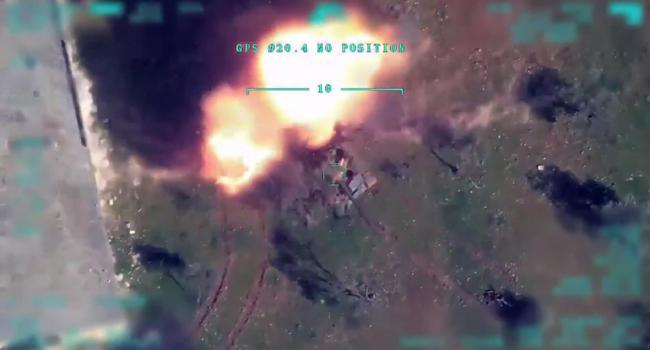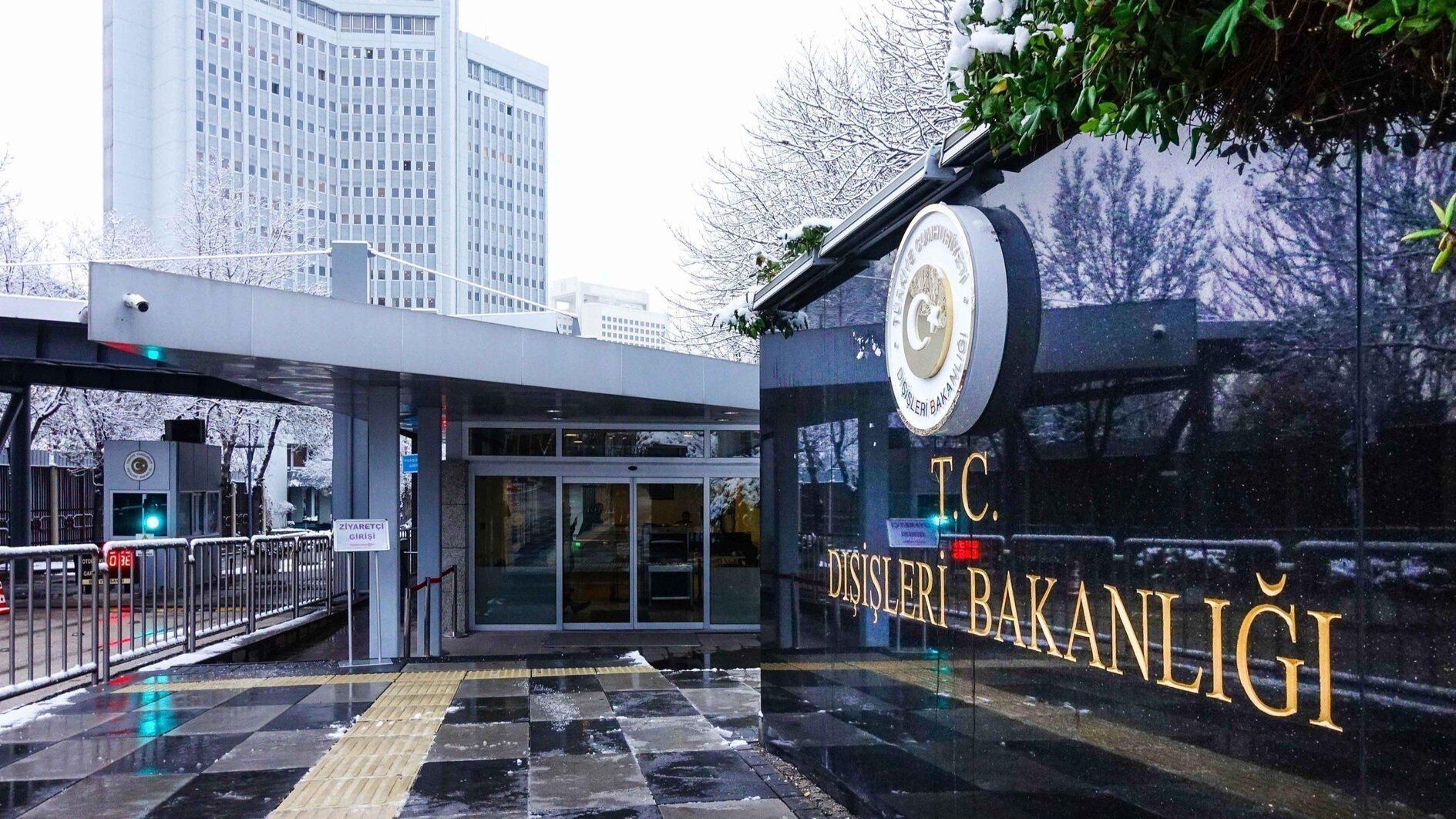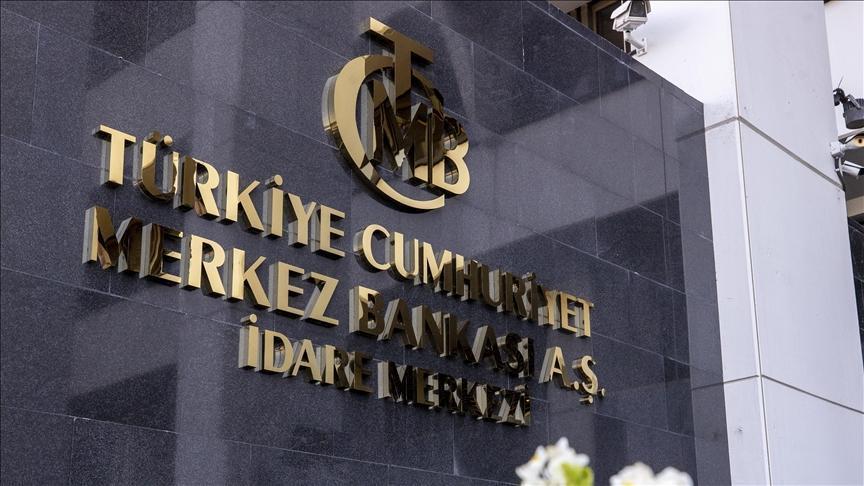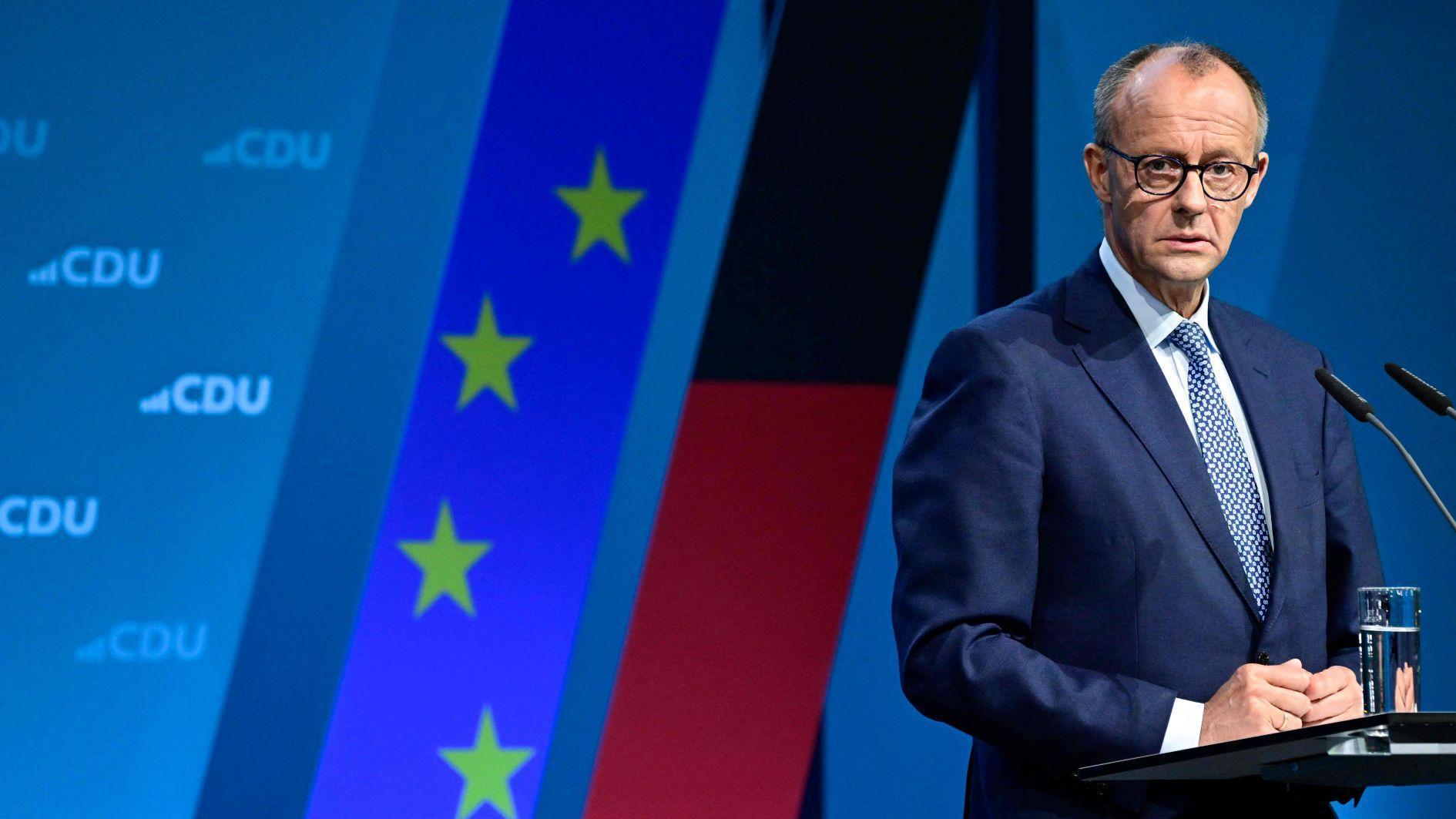Turkey neutralizes 2,557 regime elements in Syria’s Idlib
ANKARA
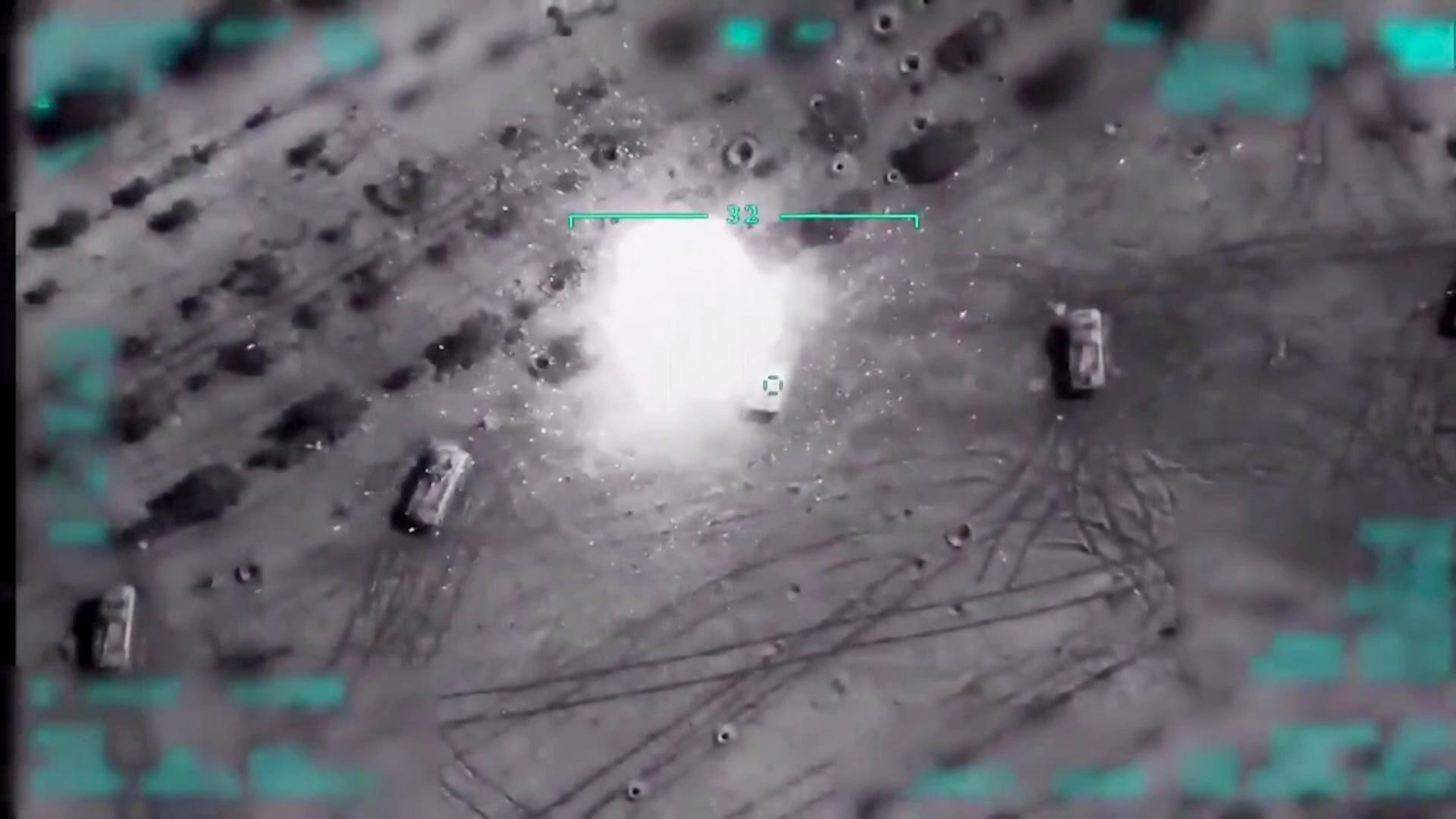
An image grab taken from a video released on March 1, 2020, by the Turkish Defence Ministry shows an airstrike by the Turkish on Syrian regime positions. (Photo by Turkish Defense Ministry via AFP)
Turkish Defense Minister Hulusi Akar has said Turkey has neutralized a total of 2,577 elements and soldiers of the Syrian regime in the northwestern Idlib province as part of its newly launched “Operation Spring Shield.”
“As it is known, the Operation Spring Shield has been launched after the heinous attack of Feb. 27. The operation has been successfully going as planned. The [Turkish Armed Forces] TSK has been intensely retaliating against all attacks, without hesitation,” Akar said on March 2.
During the operation, Turkish forces have neutralized a total of two aircraft, two drones, eight choppers, 135 tanks, five air defense systems, 86 cannons, howitzers and multiple rocket launchers, 16 anti-armors and mortars, 77 armed vehicles, nine ammunition depots and 2,557 elements and soldiers of the regime.
The operation is going on “successfully,” the minister said, adding that many countries are voicing solidarity with Turkey while “condemning Russia and the Syrian regime.”
Turkey strikes Syrian planes and airports

Akar said that despite the ceasefire in Idlib, the Syrian regime’s attacks increasingly continue towards innocent civilians including women, children and the elderly. The attacks trigger a major migration influx towards the Turkish border, he said.
He underlined that the newly launched operation is based on the “self-defense right” stipulated in Article 51 of the U.N. Charter, the Adana Agreement, the Astana Peace Process and the Sochi Deal.
Ankara has ramped up its attacks, including drone strikes, against the Russian-backed Syrian forces since Feb. 27, after 34 Turkish soldiers were killed in an airstrike by Damascus.
The Defense Ministry said that the air defense systems which shot down the Turkish drone were destroyed.
Turkey’s state-run Anadolu agency said the Turkish military had targeted and rendered unusable Nayrab airport, west of Aleppo city.
In its “Operation Spring Shield,” Turkey is using many weapons. But what comes to the forefront is its drones and unmanned aerial vehicles (UAVs) and unmanned combat aerial vehicles (UCAVs).
Turkey uses Bayraktar TB2 UCAVs, ANKA UAVs, T-122 Sakarya multiple-launcher rocket system, the J-600T Yıldırım (Thunderbolt) ballistic missile systems and Fırtına (Storm) Howitzers. The F-16 jets are also being used in the Idlib operation.
The KORAL Electronic Warfare Systems also have an important role in the operation as it interrupts the target’s communication system and electronically “blinds” it. The system is efficient up to 200 kilometers and consists of four attack vehicles.
Ankara expects Moscow to ‘fulfill commitments’
Akar also said that Turkey expects Russia to “fulfill its commitments as a guarantor country.”
“We expect Russia to honor its commitments as a guarantor country, to stop the [Syrian] regime’s attacks and use its influence on the regime to withdraw [its forces] to boundaries of the Sochi Agreement,” he said.
The minister also said that Turkish and Russian officials continue their talks on the de-escalation of tensions in Idlib.
“As we have said numerous times, it is known by everyone that we do not have an intention to come face-to-face with Russia [in Syria],” he said.
“What we want is for the regime to stop is massacre and thus the prevention of radicalization and migration,” he added.
Erdoğan, Putin to meet in Moscow
In the meantime, Turkish President Recep Tayyip Erdoğan will visit Russia on March 5 for a one-day trip, the Turkish presidency said on March 1.
“The president is due to pay a one-day visit to Russia on March 5,” the Turkish presidency said in a statement.
Erdoğan had been expected to meet Russian President Vladimir Putin after at least 34 Turkish troops were killed in Syrian air strikes in Idlib last week.
Russia says cooperation with Turkey is 'top priority'
In the meantime, the Kremlin said on March 2 that cooperation with Turkey is a top priority, confirming a meeting between the Russian and Turkish presidents over escalating tensions in Syria.
Russia attaches “great importance to cooperation with our Turkish partners,” Kremlin spokesman Dmitry Peskov said ahead of the talks in Moscow between Putin and Erdoğan.
Peskov told reporters that Ankara and Moscow are keeping lines of communication open and that the focus must now be on dialogue between the Turkish and Russian leaders.
“Our militaries are in constant contact. The main thing is that we focus on negotiations between Putin and Erdoğan,” he said.

